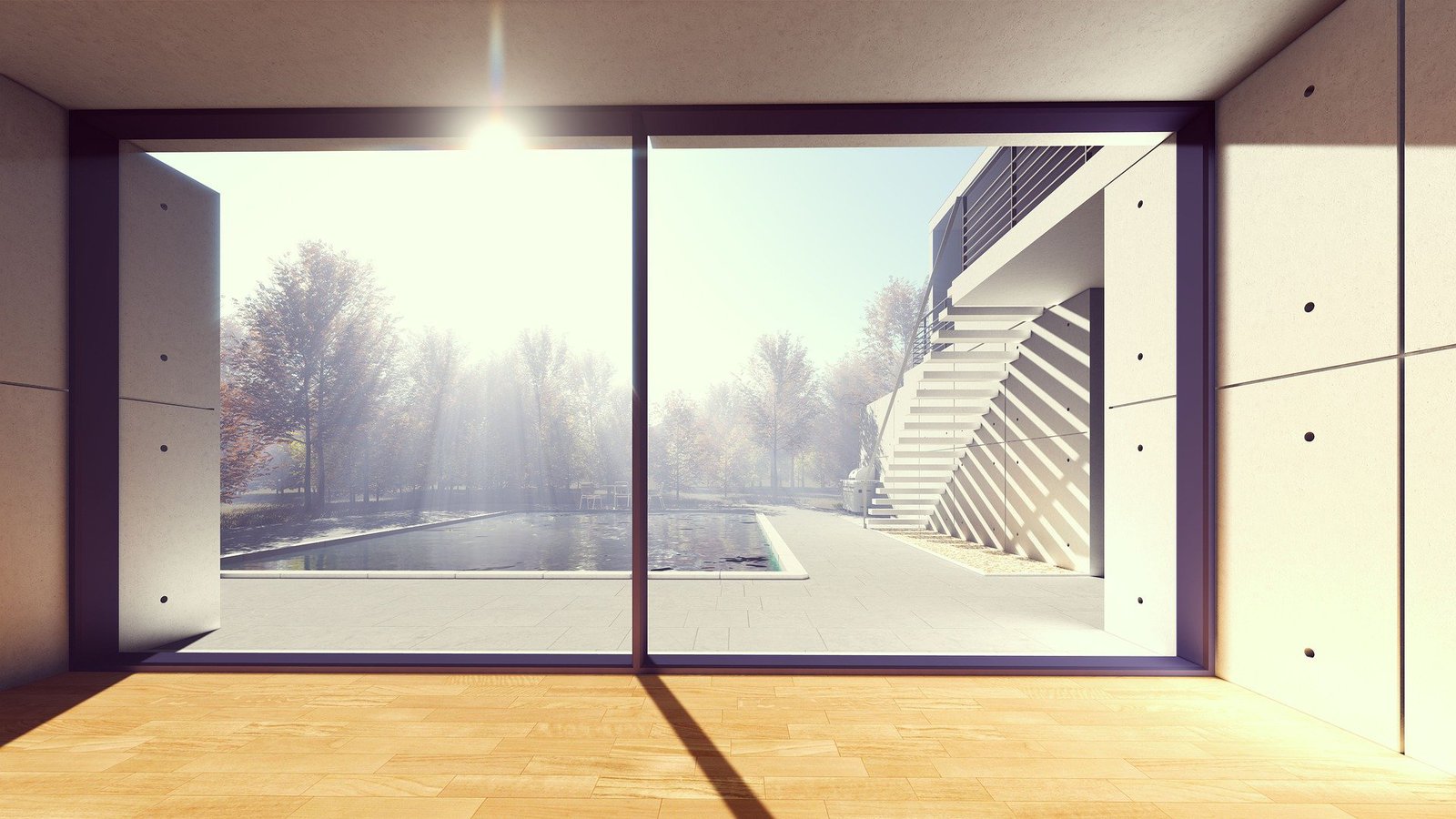
Downsizing and preparing to move, going on a 4-month vacation, or accepting a temporary contract out of town – these are all reasons why you could have a vacant home. However, irrespective of why your home is empty, your property is exposed to additional threats when unoccupied, so you must ensure it’s kept safe and secure with home insurance.
Vacant vs. Unoccupied
Although vacant and unoccupied have similar meanings, they are not the same regarding home insurance in Canada.
- Vacant dwelling: refers to a home where the occupants have left and have no intention to return. Utilities are shut off, and most or all of the furniture has been removed from the home.
- Unoccupied residence: refers to a temporary absence, such as a vacation, and you intend to return to it. Utilities and appliances within the home are still working.
Whatever the reason your home is vacant, there are various precautions to protect your property while it is vacant, whether for a short or long period. First, consider the day-to-day, weekly, and seasonal maintenance tasks you conduct while living in your house before it is vacant.
30-Day Home Insurance Rule
When a home is empty and unattended for more than 30 days in Canada, the 30-day home insurance rule applies. Your home may be deemed vacant as a result, and your current home insurance policy may be cancelled.
This rule would apply regardless of whether you pay monthly insurance premiums or not, and it also applies if the insurance provider isn’t alerted within 30 days. Because extended absences are prevalent, it’s critical to keep your insurance provider informed.
Should you plan to be away from your home for an extended period, contact your insurance provider to discuss your alternatives. They will need to be informed that items that we might consider minor concerns can cause significant damage to a home when occupied.
Let’s look at a few examples: For example, if a swimming pool is left unattended, someone could get hurt or drown.
- If ice and snow don’t get cleared for an extended period, anyone could slip and fall on your walkway, resulting in legal liability.
- If left neglected for several days or weeks, faulty wiring might cause a house fire.
Informing your insurance provider allows you to get comprehensive coverage until your home is occupied again.
If you have an unrented rental home: You’ll need to apply for a vacancy permit from your insurance provider if you can’t find a new renter within 30 days. The permit must be obtained during the first 30 days and gets regarded as an add-on to current policies, and it cannot cover broken windows, vandalism, or flooding-related damage.
If you have a vacation home: Your vacation home isn’t considered vacant if you only visit in the summers and shut it during the winter, as they’re recreational homes. Depending on how long your vacation home is left unoccupied, you may be able to get substantial coverage.
Conclusion
You must read through your 30-day home insurance clause to ensure you’re protected from the problems you’re likely to encounter. Keep in mind that vacant home insurance coverage may require an endorsement or an entirely different policy.
While a permit can cover an unoccupied home, vacant home insurance can cost up to three times as much as your regular home insurance for occupied properties.
Check our home insurance comparison tool to find the best home insurance corresponding to your needs.






